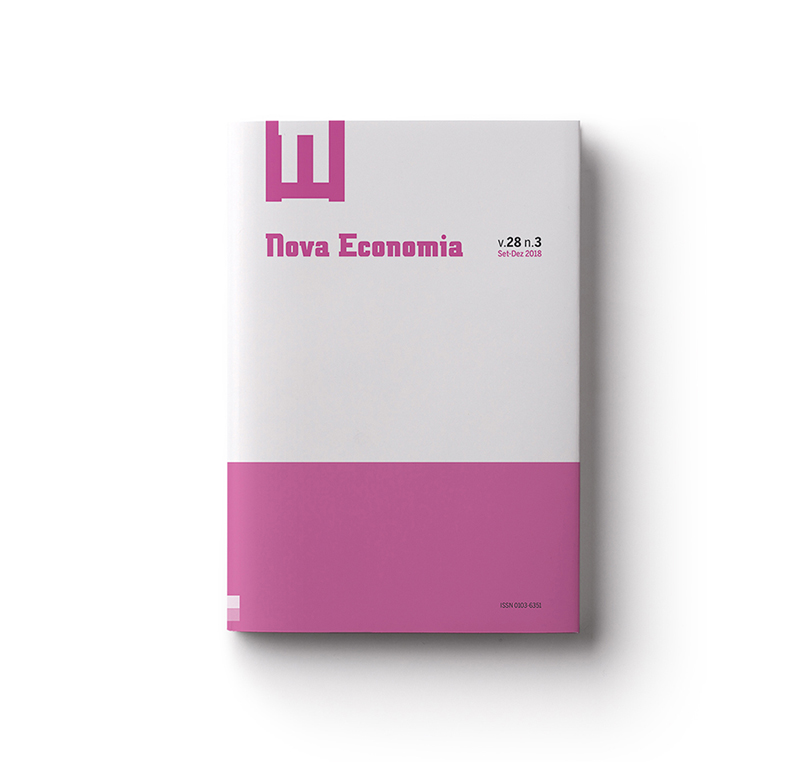O limítrofe do horário de verão
análises quase-experimentais do consumo de energia elétrica na Bahia e no Tocantins
Resumo
O horário de verão é adotado no Brasil para melhorar a eficiência energética e a segurança do sistema elétrico interligado. Os estados meridionais tendem a contribuir mais nesse sentido, havendo um limítrofe questionável em estados como Bahia e Tocantins. Explorando o arcabouço de inferência causal de Neyman-Rubin e situações quase-experimentais na Bahia e no Tocantins, o artigo analisa as trajetórias do consumo total de energia elétrica estadual usando diferenças-em-diferenças e controle sintético. Conclui-se que a participação da Bahia gera uma economia energética de até 252 GWh, e que a participação do Tocantins não gera efeitos significativos.
Downloads
Publicado
Como Citar
Edição
Seção
Licença
Autore[a]s que publicam nesta revista concordam com os seguintes termos:
- Autore[a]s mantém os direitos autorais e concedem à revista o direito de primeira publicação, com o trabalho simultaneamente licenciado sob a Licença Creative Commons Atribuição 4.0 Internacional que permite o compartilhamento do trabalho com reconhecimento da autoria e publicação inicial nesta revista.
- Autore[a]s têm autorização para assumir contratos adicionais separadamente, para distribuição não-exclusiva da versão do trabalho publicada nesta revista (ex.: publicar em repositório institucional ou como capítulo de livro), com reconhecimento de autoria e publicação inicial nesta revista.
- Autores têm permissão e são estimulados a publicar e distribuir seu trabalho online (ex.: em repositórios institucionais ou na sua página pessoal) a qualquer ponto antes ou durante o processo editorial, já que isso pode gerar alterações produtivas, bem como aumentar o impacto e a citação do trabalho publicado (Veja O Efeito do Acesso Livre).




